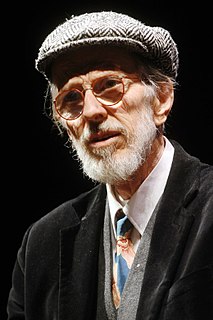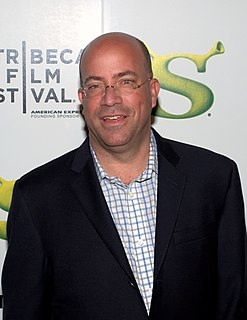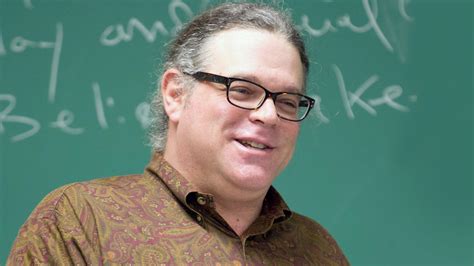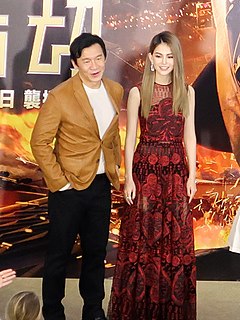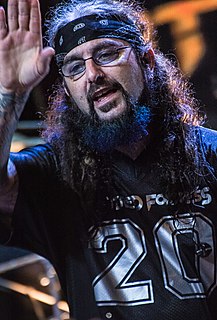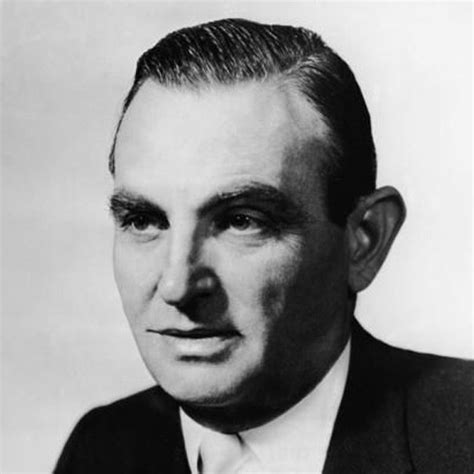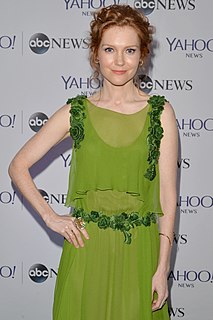A Quote by Sandra Brown
I came to write after several mini careers. I did live theatre, managed a cosmetics store and was a local television personality.
Quote Topics
Related Quotes
To move from a discussion of the early relationship between theatre and television to an examination of the current situation of live performance is to confront the irony that whereas television initially sought to replicate and, implicitly, to replace live theatre, live performance itself has developed since that time toward the replication of the discourse of mediatization.
I've been asked to write a book several times; I've had several publishers come to me and offer me book deals. Especially right after I left Dream Theater and Avenged Sevenfold, there was a lot of drama going on in my life, so the book companies came at me thirsty for blood and gossip. And I turned down all the deals.
Why did I want to become a director? I just had an early interest. My uncle was an actor in a local community theatre, and he ultimately persuaded me and a buddy of mine to come to that theatre, and we went to meet girls, and that turned into interested in kind of behind-the-scenes things, and from that point on, I was focused.
I went to college and did theatre. After that, I spent about three years in Seattle doing French theater and community theater and sorting it all out. Then I applied to graduate school and got accepted, so I started pursuing my master's in theatre at the American Conservatory Theatre in San Francisco.

